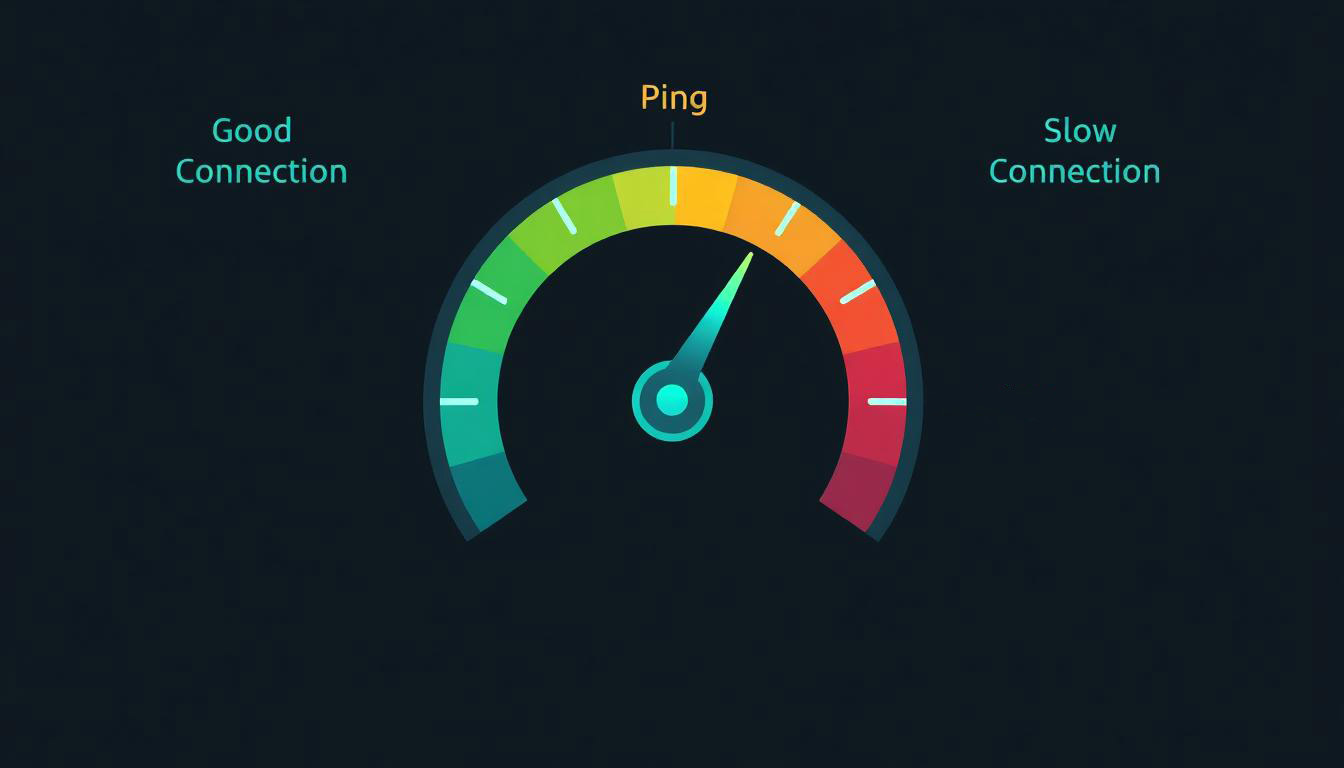Proxy Delay Test in VPN: Why It Matters and How to Perform It?
One of the key metrics for evaluating a VPN’s performance is the delay (latency) in connecting to proxy servers. High latency can degrade the user experience in online gaming, video streaming, and web browsing. In this article, we will explore the concept of proxy delay test in VPN, the factors affecting it, and precise methods to measure and improve it.
What Is Proxy Delay in VPN?
Delay (Latency) or Ping refers to the time it takes for a data packet to be sent from your device to the VPN or proxy server and receive a response. This value is typically measured in milliseconds (ms), where lower latency means a faster and smoother connection.
Difference Between Latency and Download Speed
- Latency (Ping): The time required to send and receive data packets. (Lower is better)
- Download & Upload Speed: The amount of data transferred per second. (Higher is better)
Why Is Proxy Delay Test in VPN Important?
Testing the ping of a proxy server in a VPN is essential because:
- In online gaming, high latency causes lag and slow movements.
- During video streaming, high delay can result in buffering and reduced quality.
- For file downloads and uploads, lower delay enables faster server response times.
Factors Affecting Proxy Delay in VPN
- Geographical Distance to Server: The closer the proxy server, the lower the latency.
- Server Load: Overcrowded servers increase delay.
- VPN Protocol Used: Some protocols, like WireGuard, have lower latency than OpenVPN.
- ISP (Internet Service Provider) Quality: Some ISPs have weak connections to foreign servers.
- Connection Type (Wi-Fi or LAN): Wired connections generally have lower latency than Wi-Fi.
Ways to Reduce Proxy Delay in VPN
- Choose a closer server – Distant servers usually have higher latency.
- Use a faster protocol – WireGuard and IKEv2 offer lower latency than OpenVPN.
- Switch VPN providers – Some VPNs offer better-optimized servers for lower latency.
- Use a wired LAN connection – Ethernet is more stable and faster than Wi-Fi.
- Test and change DNS – A faster DNS service can help reduce latency.
Conclusion
Performing a proxy delay test in VPN is essential for gaming, streaming, and faster downloads. By testing server ping, using speed test tools, selecting optimized servers, and switching protocols, you can significantly reduce latency and enjoy a smoother internet experience.

